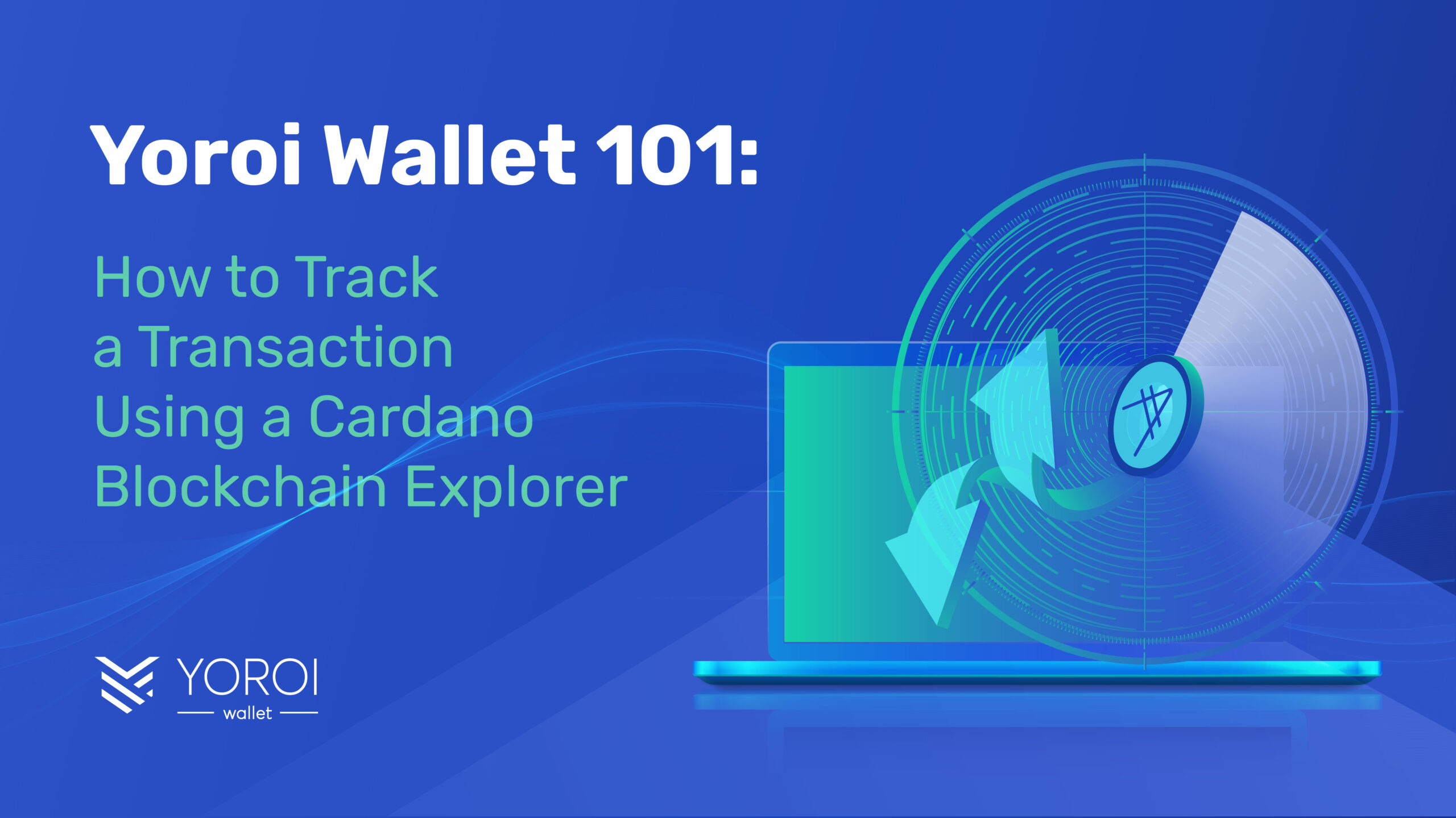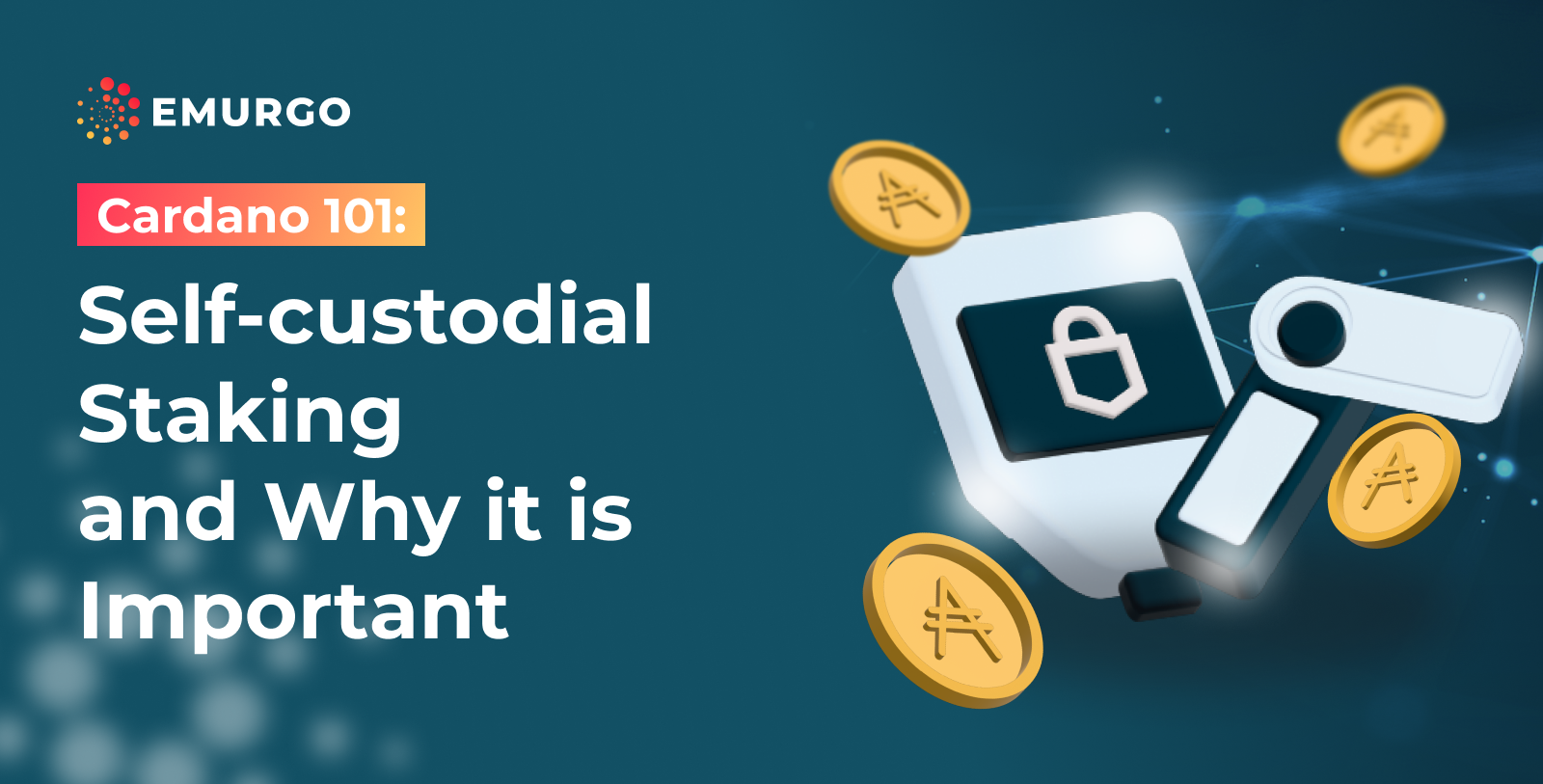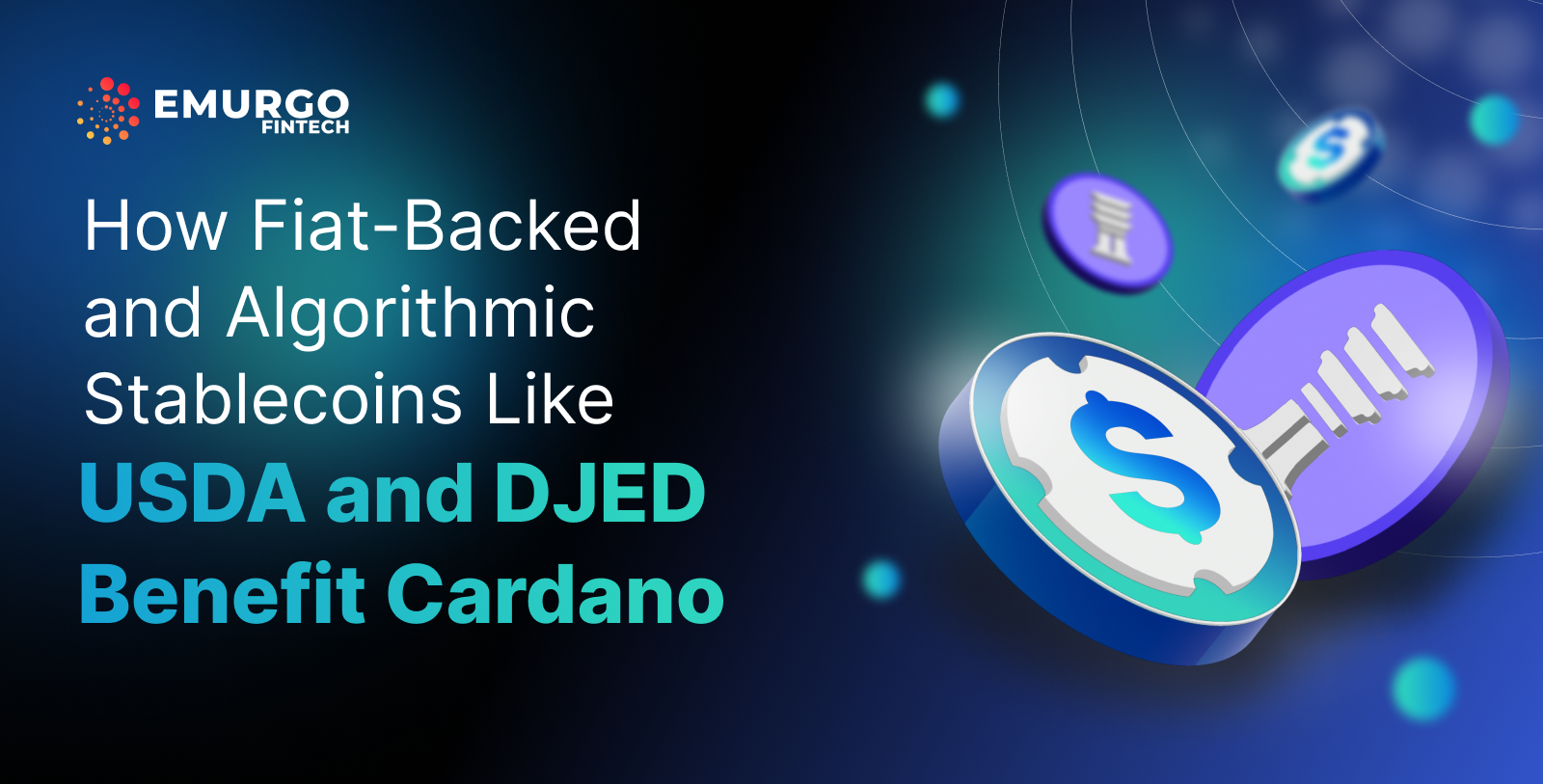Blockchains are very transparent and accessible real-time networks.
But the user tools available to understand that transparency and use it in a productive way takes some practice.
The amount of information these tools are able to convey is a big reason for the appeal of blockchains and cryptocurrencies and delivers a unique benefit to crypto users.
Once understood, the information the blockchain provides can be a powerful resource for anyone in the market.
Public and permissionless blockchain networks, such as Cardano, are built on openness.
In this blog, we will discuss how to use a Cardano blockchain explorer to track a Cardano ada transaction in real time.
What is a Blockchain explorer?
A blockchain explorer is a service where a node running on a network uses various APIs to extract information from it – akin to a search engine for a specific blockchain.
This information is then organized and presented to the user in a way that can be reviewed by anyone searching for data.
All major blockchains have dedicated explorers, in fact, most have more than one providing a similar service.
In general, the information they provide is free to access and takes very little effort to like a search engine.
Cardano is no different, and its blockchain network has several blockchain explorers.
To name a few examples:
How to track a Cardano blockchain transaction
A crypto wallet such as Yoroi provides a lot of information that can be used on a blockchain explorer.
The main piece of data that can be used is the transaction ID.
Each transaction that goes through the Cardano network is given a unique ID that can be used to track it while in progress, and after for verification that it has been sent and received.
In Yoroi, the transaction ID can be found in the “Transactions” menu. The ID is located in the individual transaction register:
To access it, just press the downward arrow next to the ADA amount.
It will deploy an entire sub-menu with several pieces of information.
The transaction ID is in the lower-left corner, below the transaction assurance level.
The first is just an indicator of how secure the transaction is based on how many blocks have passed.
The transaction ID is a unique identifier given to any transaction that goes through the Cardano blockchain.
Now, we go to any of the blockchain explorers and paste the Transaction ID on the search bar.
From Cardano Scan we have:
To double-check, from Cardano Explorer we have the following:
The information is presented in a slightly different format, but the data is the same.
We can see that the epoch and block height are both equal.
The transaction ID is the most useful piece of information to track an individual transaction.
What if you don’t have the transaction ID?
The second best option is to find your wallet address and input that in a blockchain explorer.
Now, to enhance privacy, Yoroi can generate several wallet addresses to receive funds.
All of the addresses associated with a single crypto wallet can be found in the “Receive” menu.
In there, we can see all of the times our wallet got ADA.
For our example, we’ll use the same transaction as before.
The alphanumeric string that starts with “addr” is the address. Copy that string and use it to search on any Cardano blockchain explorer.
Those are the ways to track or find a transaction using a Cardano blockchain explorer.
The information provided is public, so anyone with access to the transaction ID or wallet address can track the same transaction.
Blockchains are perhaps the most auditable networks created thus far and the level of transparency they offer is almost unprecedented.
To use this properly, education is the best tool.
Download Yoroi Wallet and plug into the Cardano Web3 ecosystem
Yoroi is an open-source crypto light wallet for the Cardano community and the first light wallet for Cardano ada holders.
Yoroi allows ada users to store, send, receive, and stake ada as well as integrate with Cardano dApps and the $USDA stablecoin.
You can integrate Yoroi with your preferred device including hardware wallets Ledger and Trezor through a desktop browser.
For more information, please follow Yoroi’s official channels below.
About Yoroi Wallet
- Yoroi Twitter: @YoroiWallet
- Yoroi Homepage: https://yoroi-wallet.com/
About EMURGO
- Official Homepage: dev.emurgo.io
- Twitter (Global): @EMURGO_io
- YouTube: EMURGO channel
- Discord: EMURGO Community
- Facebook: @EMURGO.io
- Instagram: @EMURGO_io
- LinkedIn: @EMURGO_io



